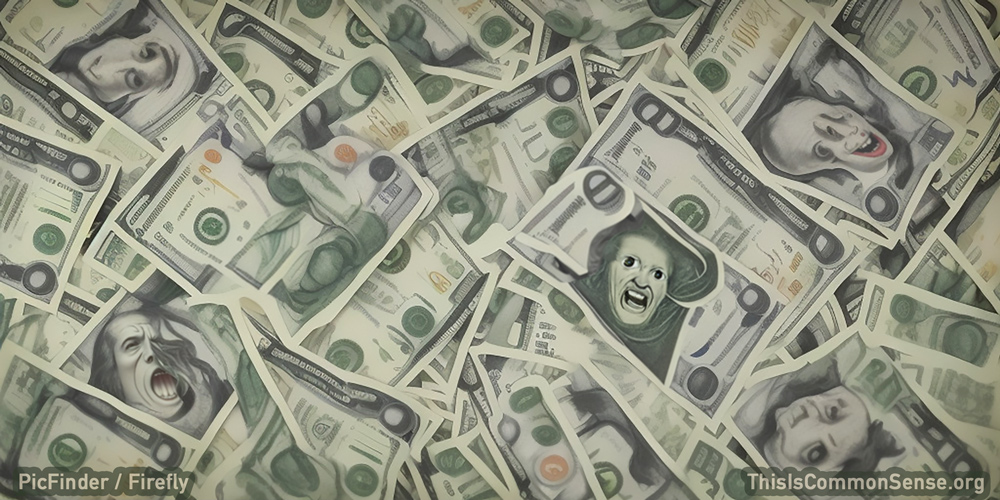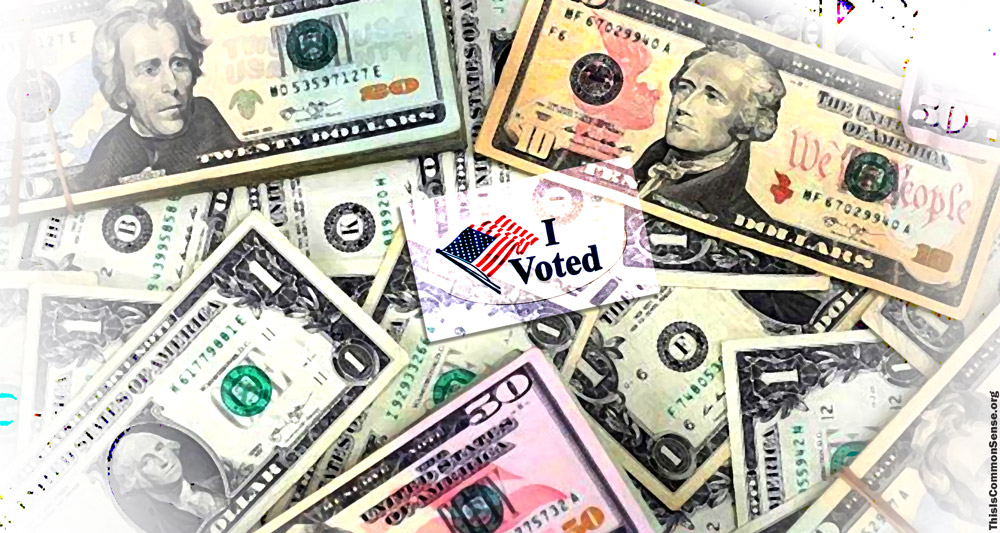“Today begins a new era in Argentina,” said Javier Milei in his inaugural address as the new president of Argentina. “Today we end a long and sad history of decadence and decline and begin the road to the reconstruction of our country.”
President Milei has focused on a problem — the decadence of mass poverty — and identified it with a basic view of government: interventionism in markets, central control and bureaucratic proliferation. These, once established, start a cycle that must end in decay, decline. “The outgoing government has left us with hyperinflation, and it is our top priority to make every effort to avoid a catastrophe that would push poverty above 90 percent and indigence above 50 percent,”
Milei is not hesitant; gradualism’s not his bag, for the country does not “have margin for sterile discussions. Our country demands action and immediate action.”
At some point, the argument runs, you have to boldly cut government. Not just cut the rate of government growth, which is about all American Republicans have achieved — often allowing others to take the credit, as with Bill “The Era of Big Government Is Over” Clinton.
Milei’s first act as president was an executive order reducing the number of government ministries from 21 to nine. If this move actually succeeds in paring down the size of Argentina’s state apparatus and workforce, it will be something of a miracle.
In a country that needs miracles.
Here in these United States, we may not have hyperinflation, as such, but we do face a crisis. The deficits are persistent, and majorities in both parties seem utterly unconcerned about the $34 trillion debt, rushing at us fast. Costing more to service than we spend on defense.
Only Vivek Ramaswamy has pushed specific ways to
But, unlike Milei in South America, here in North America Vivek’s just not that popular.
This is Common Sense. I’m Paul Jacob.
Illustration created with PicFinder and Fireflly
—
See all recent commentary
(simplified and organized)





